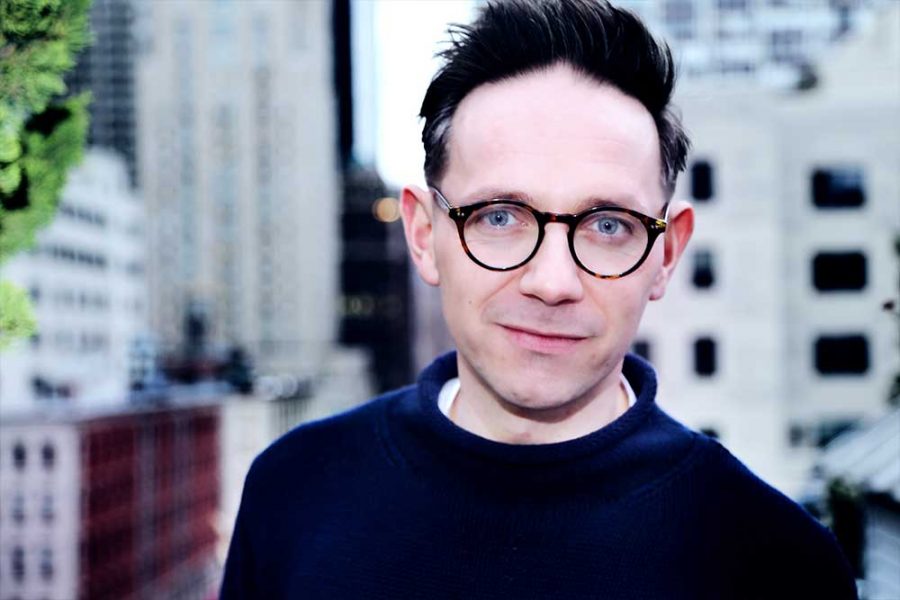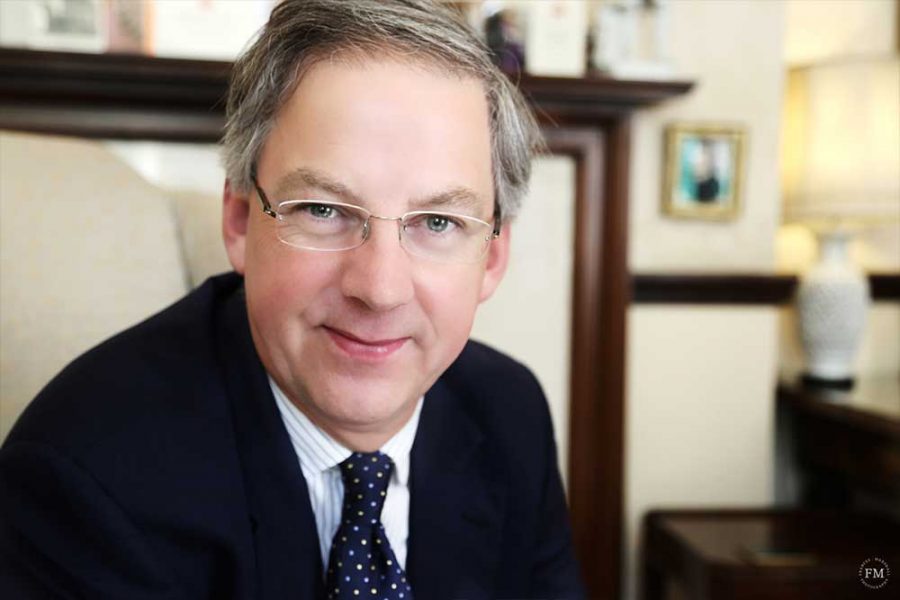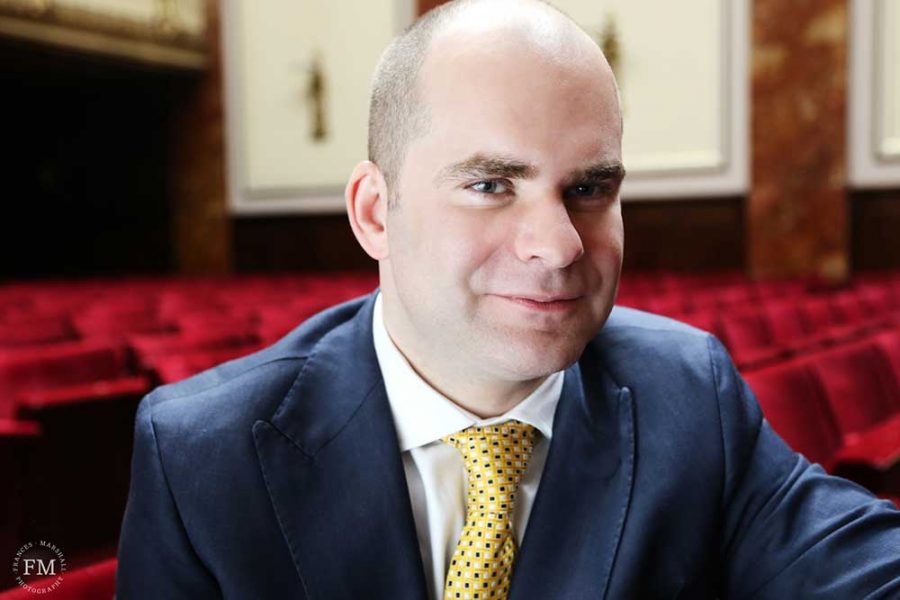Getting a Handel on the Money: Samir Savant

March 2019
Interview and photos by
Frances Marshall
Share this article
Professional fundraisers are the unsung heroes of the classical music industry. The arts have notoriously struggled financially, however with the presence of leaders like Samir Savant in this discipline, the future looks bright.
Now in his dream role as Festival Director of the London Handel Festival, Samir sat down with Final Note Magazine to discuss how arts organisations can build donor communities, Handel’s formidable fundraising techniques, along with the great composer’s feminist agenda.
I became fascinated with the discipline of fundraising and that’s where it really began for me."

What brought you into the world of cultural fundraising?
I always wanted to work in the arts. My parents were immigrants to this country and wanted their children to have every opportunity. Luckily they saw music education as a priority, and I had lessons in piano and violin from an early age. I’ve always known the importance of culture in society and in my own life it has been very important.
Working in the arts was always the dream, but I didn’t have a clue where to start – you needed connections and I had none. I enrolled in a Postgraduate course in Arts Management and there was a module on fundraising. I became fascinated with the discipline of fundraising and that’s where it really began for me.
After graduating, where did you begin your career?
I got a job with English National Opera, which was the first of my jobs as a fundraiser for major cultural organisations across London. I went on to work at the Royal Academy of Arts, Shakespeare’s Globe and the Royal College of Music. My intention was always to become a general manager, but because there was such a shortage of experienced fundraisers, that’s where I ended up specialising.
What was drawing you towards general management?
I have always been interested in programming and audience development, but fundraising is such an integral part to a management position, I knew that I was getting the most practical experience. I was thrilled when the position of Festival Director at the London Handel Festival came up. I had worked for a brief time with Handel & Hendrix in London and I knew the baroque music scene quite well. I’m also a huge fan of Mr. Handel himself – it was the perfect job.
As Festival Director of the London Handel Festival, what new vision have you brought to the company?
Our main charitable objectives are to explore the wider life of Handel, in particular his lesser known works and to nurture young talent, particularly through the Handel Singing Competition. We also want to widen the access to Handel, and I see that as my priority. My aim is to communicate his universality, which separates him from other composers. I want to showcase the man himself, not just the music. He was a great entrepreneur and worked independently by generating his own income. He was also an immigrant who settled in this country and wanted to become a British citizen, so much so that he removed the umlaut from his name. Handel is in London’s DNA but, sadly, I feel he’s been put into a dusty box, which is a mistake. He’s very current and relevant and it’s our job to showcase that.

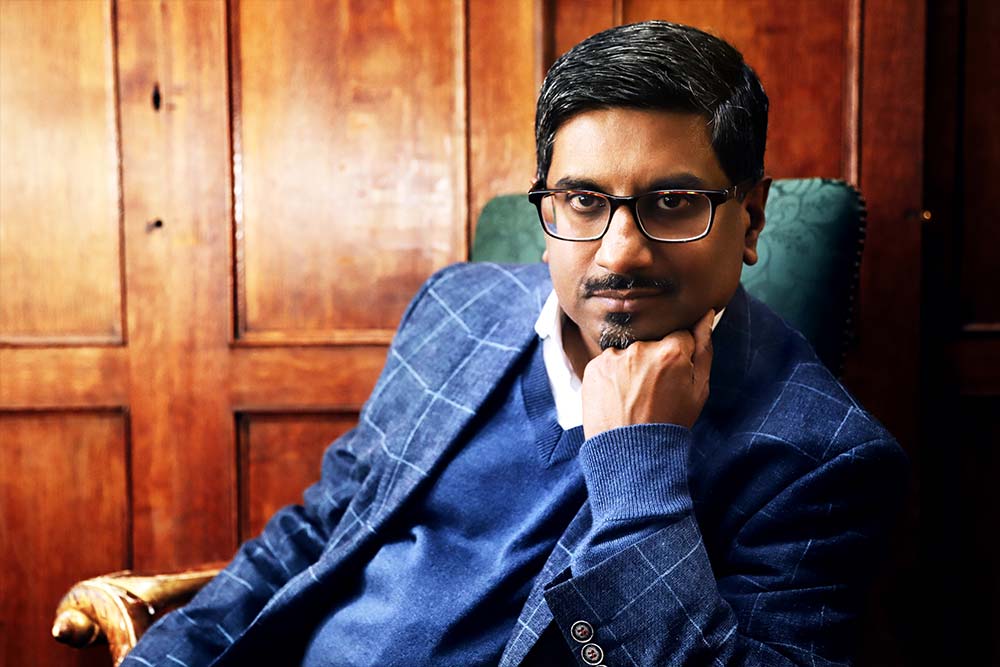


...he built an influential network of contacts around him, living in Mayfair among the aristocrats. He placed himself where the money was, so all his closest neighbours were his friends and allies."

Tell us more about the singing competition?
It’s been going since 2002 and it takes place every year. We are the premier vocal competition for Handel, but we also want to be recognised as a leading international singing competition in more generalist terms. The aim is to nurture talent, specifically around Handel’s music, as he wrote so much for the voice.
Singers love Handel – the drama, range of colour, technique involved, and we ask for a varied programme from the applicants. This year we’ve had 170 applications from 25 countries, that’s an increase of 40% from last year. We made a special effort reaching out to potential applicants – we contacted past applicants re-inviting them to compete, and asked them to spread the word. We also contacted singing teachers, conservatoires and agents. The age limit is 34, because voices mature at different rates and a lot of singers come to Handel repertoire a little later, we want those singers to compete.
From a practical point of view there’s a resurgence in the interest of Handel on the main opera stage, so we want to encourage singers to really explore this repertoire as it will create more employment opportunities. People like Iestyn Davies and Lucy Crowe both did very well through the competition and are now established baroque stars.
Tell us more about Handel’s history of fundraising.
He was a formidable fundraiser, but he gave as well as asking for donations. He was a donor to many charitable causes, he organised fundraising performances of Messiah to benefit the Foundling Hospital and furthermore left a full set of performing scores of Messiah in his will to the charity so that they could go on performing it and raise more funds. The Foundling Hospital Anthem, which Handel wrote specially for his favourite charity begins with ‘Blessed are they that considereth the poor’, and so Handel had philanthropy in the forefront of his mind.
In terms of Handel generating income for his own projects, he built an influential network of contacts around him, living in Mayfair among the aristocrats. He placed himself where the money was, so all his closest neighbours were his friends and allies. He invited people into his front parlour to hear the music as he was rehearsing and writing it, then asked the same people to support it by paying for subscriptions to the opera. It’s simple but brilliant and we can learn so much from him.
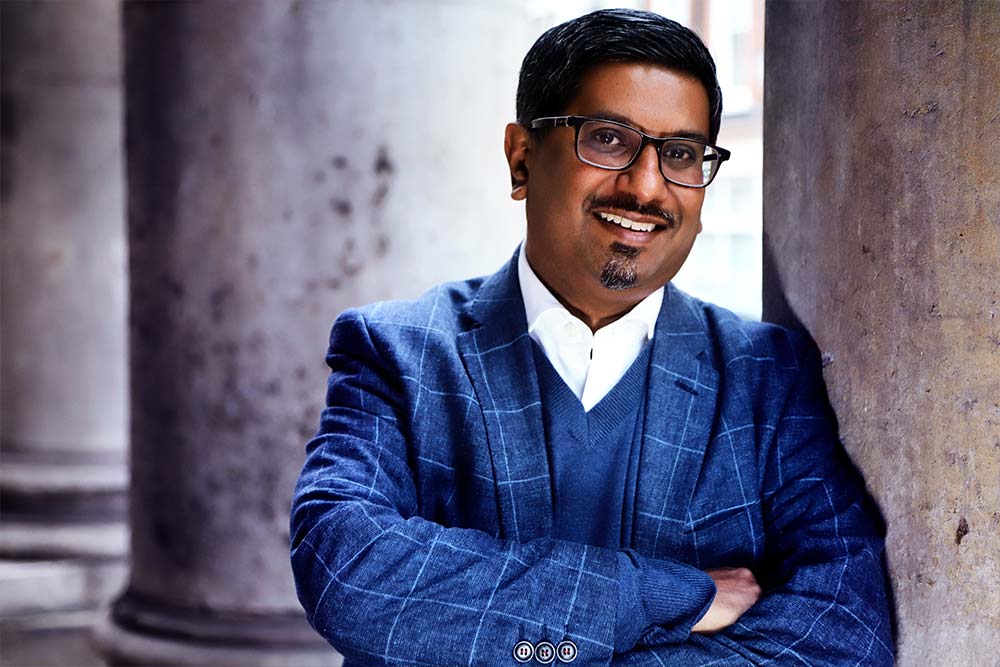


How can a company bring their donors into the core of the organisation?
Your donors are your core audience and they must buy into your artistic vision. An organisation needs to understand that every employee is a fundraiser and everyone has to understand how front of house staff in particular can contribute towards the happiness of an audience who are also potential donors.
Your board also need to be totally committed to fundraising, and ideally giving as donors themselves. I heard a story about how at board meetings, trustees were encouraged to put out two extra chairs, one for the audience and one for the donors. This way you won’t make any decisions without considering these two key groups when you are shaping the future of your company – you always have their voice in the room.
How do you get the entire company behind your fundraising vision?
My mantra is very much “everyone is a fundraiser”. Of course professional fundraisers know the technicalities involved and do the heavy lifting but enthusiasm, appreciation and gratitude is not their prerogative. This job needs to be owned by everyone who represents the organisation, from volunteer, Front of House staff, right through to the Board of Trustees. It costs nothing to say “thank you” to all the people who have keep our company thriving.
I have a great story from my time at Shakespeare’s Globe. Paul Allen, billionaire and co-founder of Microsoft, had his personal assistant ring the box office to get tickets for that evening’s performance. The staff member on duty told her that the performance was sold out, and the conversation ended. The assistant rang back and got another staff member who had the sense to transfer her to the development team who generally can access tickets for donors. She was put through to my sponsorship manager who said that she’d see what she could do, and would Mr. Allen consider becoming a donor? We received a £2,500 immediate donation. If it wasn’t for the quick-wittedness of the box office staff member we would never have known that a multi-billionaire tried to attend a performance. It’s the perfect story to showcase how every member of staff in the company is a fundraiser. We all have to work together to make it happen. Managers need to know the power of their front of house team and look after them so that they feel appreciated, and in turn they will care about the long-term success of the company.
What can an arts organisation give a donor to make it worth their while?
If you read feedback given by donors, the biggest complaint is that they don’t get thanked, and we have the opportunity in the arts to say “thank you” in a creative and meaningful way. I view names on a plaque or being listed on a programme as a transactional record – it’s not enough. Donors are more sophisticated now than they ever were. They’re also younger and looking for quality engagement. This is where the arts can really do well and there is a current growth in giving within this industry. We’re not quite where higher education is, which today has the monopoly on major gifts, but the arts are catching up.
Arts organisations need to realise that we can provide genuine engagement, donors to the arts are generally audience members, they love this industry and want more involvement – why wouldn’t we give it to them? It’s about creating behind the scenes access, in terms of meeting artists, and learning about what motivates them.
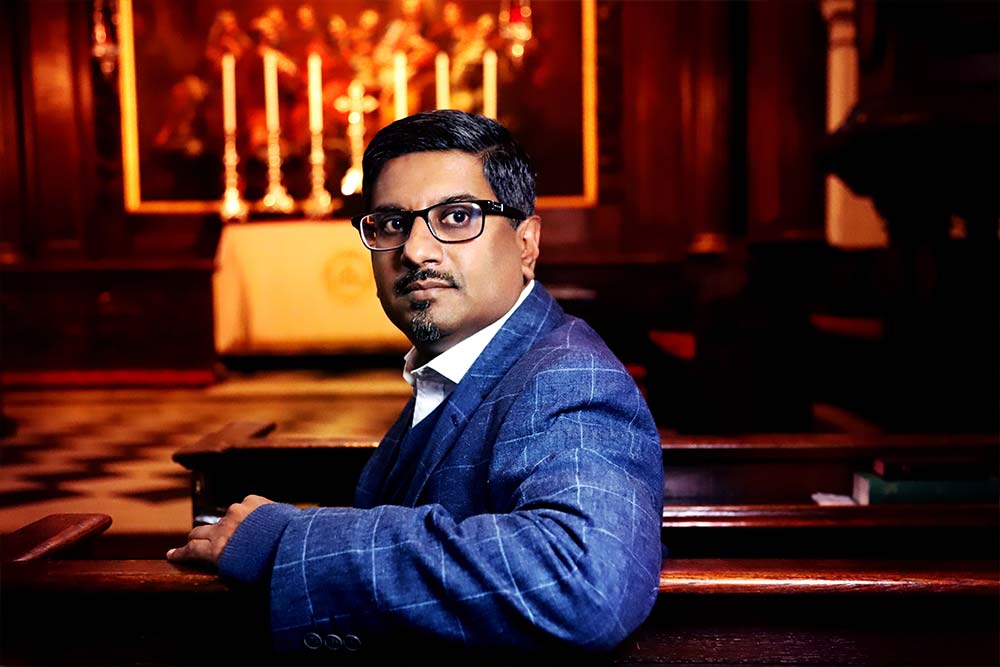

How do you go about fundraising when the targets seem so high?
It’s important to remember that it is any fundraiser’s job first and foremost to look after existing donor relationships. It takes a lot more effort to find a new donor than to keep one you already have and in terms of seeking new donations, the best place to look is your existing donors. Certainly that’s what we’ve been doing at the London Handel Festival.
We have several hundred donors at the London Handel Festival giving at lower levels, but those are the people who are move up the ladder of giving. You have to show the donors, both potential and existing, that there are opportunities to get more involved. Arts organisations should look on each gift as an investment in their activity and donors need to see the impact of their gift – we as fundraisers need to articulate what the donor’s gift will enable us to achieve.
We have a production of Berenice at the Royal Opera House coming up as part of this year’s festival. To make this happen we needed to raise a significant sum, so we went to a number of existing donors and told them about this amazing opportunity and asked if they would they consider making an exceptional gift in order to make this exceptional project happen. We recruited nine such wonderful individuals.
When it comes to artists needing to fundraise for a smaller project, such as a recording, what’s your advice?
As a musician you are by default an entrepreneur, there’s no escaping that. Fundraising has become a much more democratic thing, a lot more cultural organisations are fundraising these days, even small ones. Crowdfunding has become popular and it’s a whole new discipline, but your request has to be compelling.
The first step is to articulate your project, such as a recording, the difference it will make to you as an artist and what impact it will have in general – in fundraising we call this a ‘case for support’. Then when you’ve established that, go to those who are closest to your work, who know you as an artist, and ask them to come on board. You should also invest in some way in the project yourself so then you can say ‘will you join me?’, rather than ‘please give to me’. If you recruit donors, you should make sure you engage with them, at every stage, and take them with you on your journey.
How do you ask for money?
You start by articulating the need. In all of our London Handel Festival printed programmes we say to our audiences that we are a registered charity and list our objectives. We make clear that our ticket sales only cover 40% of our costs and that we rely on fundraising to enable our projects to happen. That message is everywhere, so our audience already knows that we exist because of philanthropic donations and, in a way, we’re following the great Handelian tradition. Handel could not have written all his music without the support of his patrons, alongside his music he was an astonishingly good fundraiser.
It takes a lot more effort to find a new donor than to keep one you already have and in terms of seeking new donations, the best place to look is your existing donors."

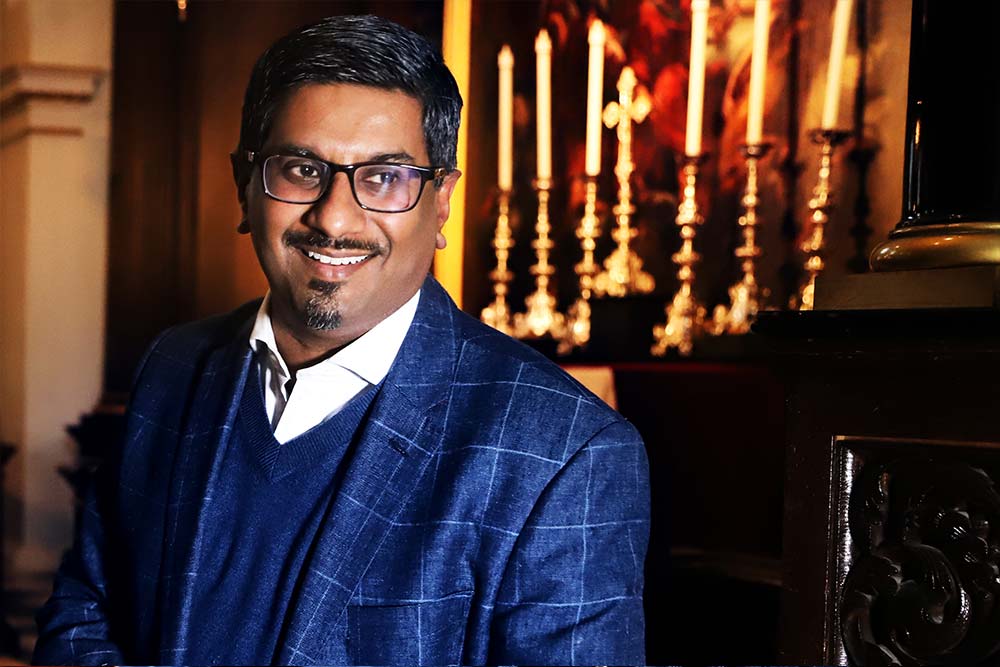

Handel moved performances of his sacred oratorios to theatres – he wanted to showcase the voices of his stars and nothing was going to get in his way."

What’s the biggest fundraising mistake you can make?
Not being brave enough to say no and allowing a donor to dictate the vision of the company. You obviously need to be respectful to the donor, but if it’s the wrong time and the wrong project then perhaps this is not the right thing for either of you.
What are you looking forward to in this year’s festival?
This year’s theme is Handel’s Divas. We’re focussing on these incredible women who had great public success but often with complicated personal stories. There are several concerts which focus on specific female performers with whom Handel worked very closely and for whom he wrote many of his most famous roles. Handel had a reputation for being cantankerous, but we want to explore the more gentle and nurturing side to his character – he sought out stars of the future and worked with them patiently.
Do you think Handel was a feminist?
Absolutely! In Handel’s time women weren’t allowed to perform in churches and so Handel moved performances of his sacred oratorios to theatres – he wanted to showcase the voices of his stars and nothing was going to get in his way. Performing in theatres also meant that he was free to become more dramatic and not be accused of being sacrilegious. At the time, singing was one of the few ways that women could really achieve a great career and financial independence. As a woman you needed to marry into wealth or create your own. These women were great role models and great entrepreneurs, and they should be remembered for this. Handel wanted the best and he didn’t see gender as something to jeopardise that.
To find out more about the London Handel Festival see:
www.london-handel-festival.com
All images displayed in this article are subject to copyright.
Share this article


